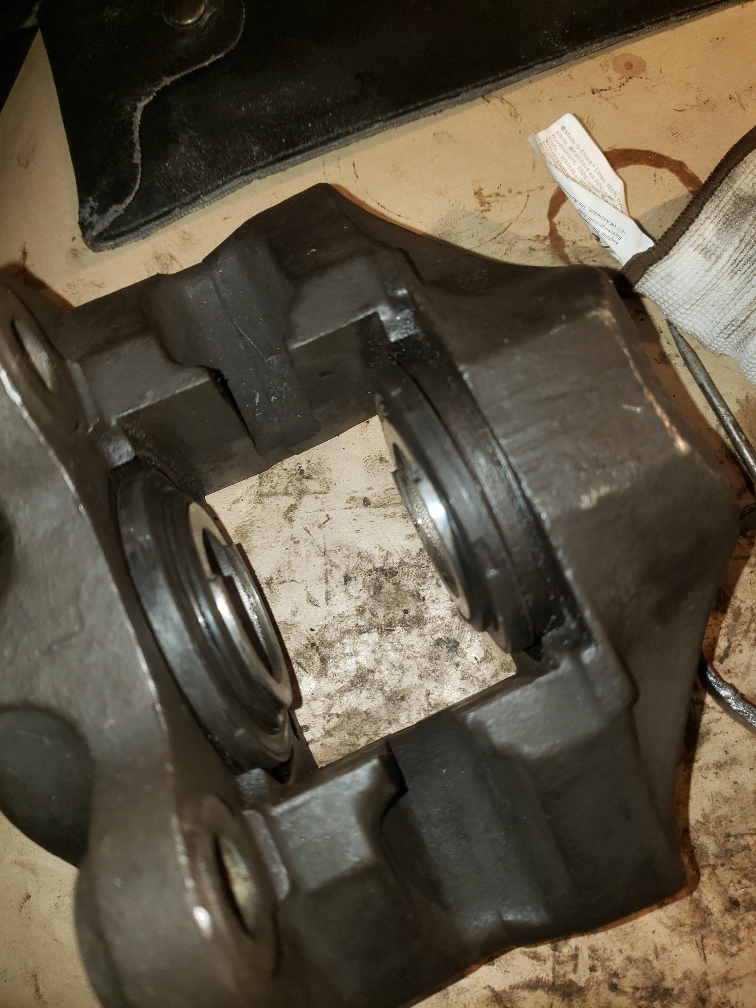In the middle of rebuilding my front disk calipers, done the one that was binding. Doing the other one Ive somehow managed to get air I to the system. I think I let the reservoir get too low. The pedal was firm after I'd put the first one back together, but now it goes straight to the floor.
Does this mean I have to bleed the master cylinder?
Or will just regular bleeding at the caliper fix it?
Sent from my SM-G9600 using Tapatalk
Does this mean I have to bleed the master cylinder?
Or will just regular bleeding at the caliper fix it?
Sent from my SM-G9600 using Tapatalk




